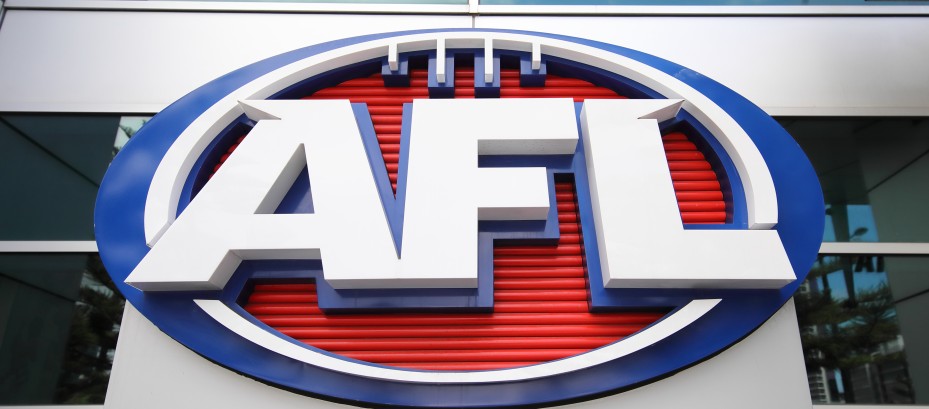
The Australian Football League could be one of the most severely affected sports organisations should a proposed blanket ban on gambling advertising be implemented.
Amidst a heated debate, politicians are exchanging views on how best to regulate the gambling market in Australia. The country has undergone significant changes in recent years, including investigations into its land-based licence holders, the suspension of gambling advertisements outside gaming clubs, and the launch of a comprehensive self-exclusion programme.
AFL Could Face Major Financial Hit from Gambling Ads Ban
All of this comes as the Albanese government is also testing cashless payment options to tackle problem gambling and money laundering, while debating the potential suspension of all gambling advertisements, or at least a partial cap.
Should a complete ban on gambling advertising be enforced, the Australian Football League (AFL) is expected to face losses of $80 million (approximately AU$120 million) annually. This information was leaked by 9News, a local media outlet, which obtained documents revealing these figures. The impact on grassroots football across the country is not yet fully understood, but one estimate suggests that youth programmes could be severely underfunded.
Despite these concerns, the AFL has largely maintained its stance, stating that it would support a proportionate and balanced approach to regulating the gambling advertising industry, but has refrained from advocating for a complete ban.
Some politicians have proposed introducing a new “tech tax” on international companies, but this approach depends heavily on those companies being willing to continue offering services to local customers.
A cautionary example comes from Canada, where the government attempted to force Facebook to pay media outlets for articles shared on its platform. In response, Facebook ceased supporting news on its platforms, leading to serious repercussions for both small and established media outlets.
Complete Ban on Gambling Ads Remains Contentious
Therefore, taxing big tech is at best a risky strategy and not a guaranteed solution for replacing the revenue currently generated by gambling advertising. Nonetheless, many consumers support the removal of gambling advertisements from all media – both physical and digital. This sentiment is unlikely to wane.
Politicians, however, may appear to be beholden to gambling interests, but the reality is they are trying to prevent a financial disaster as they consider how sectors such as free-to-air TV might remain viable without gambling revenue. What is beyond doubt, however, is that Australians are spending far too much on gambling, with the societal costs running into the billions.
 English
English 
 Sam
Sam 